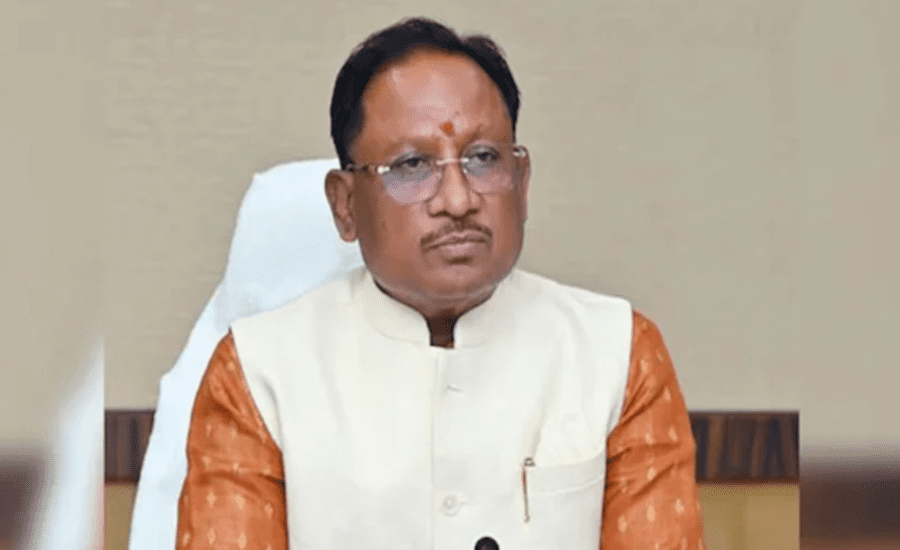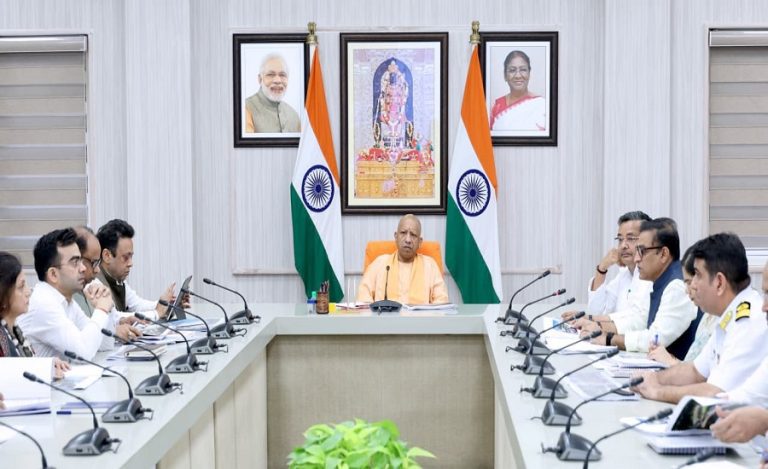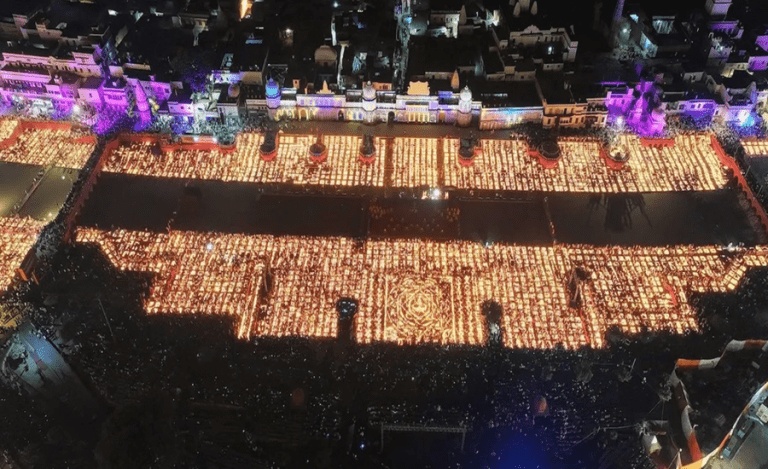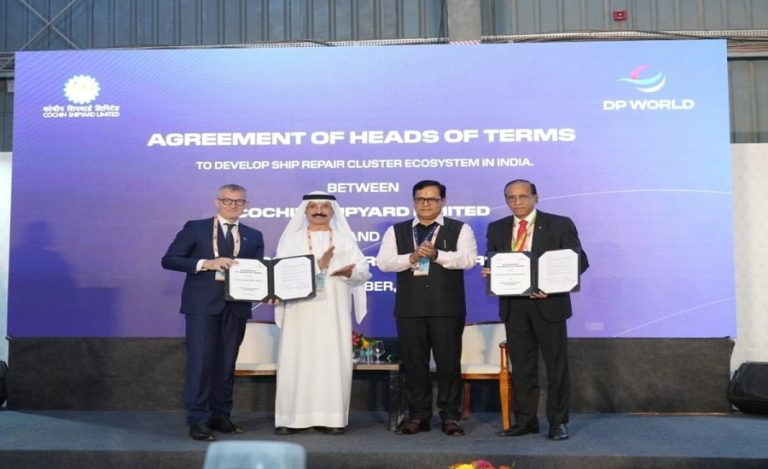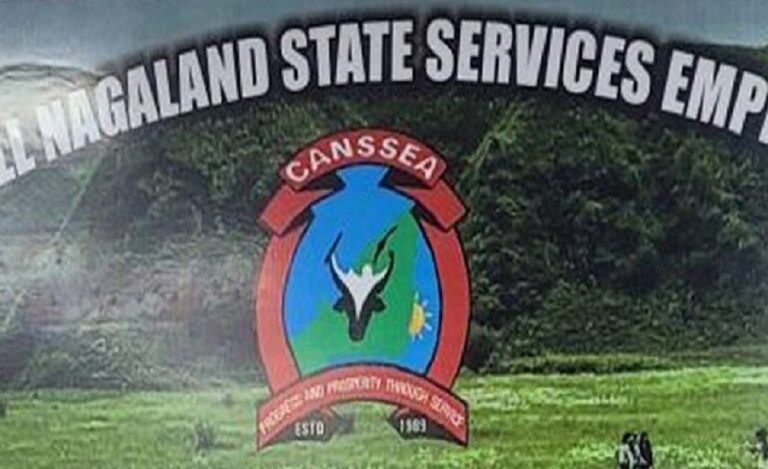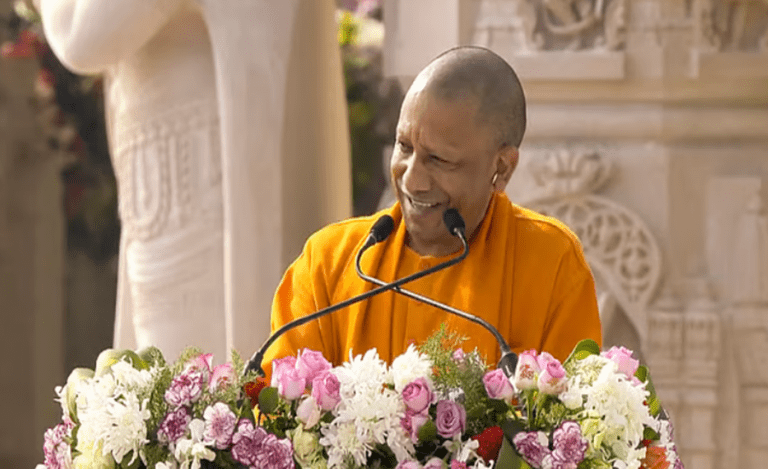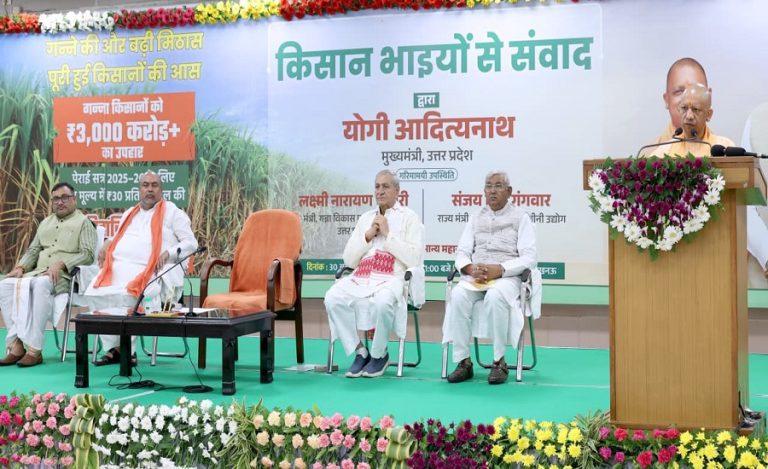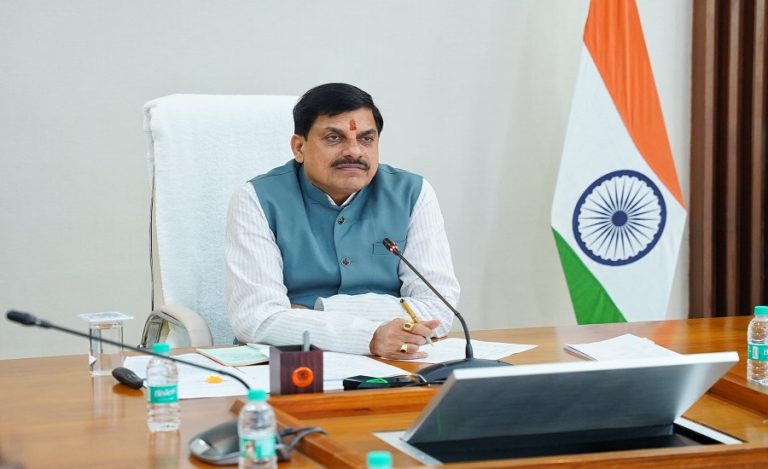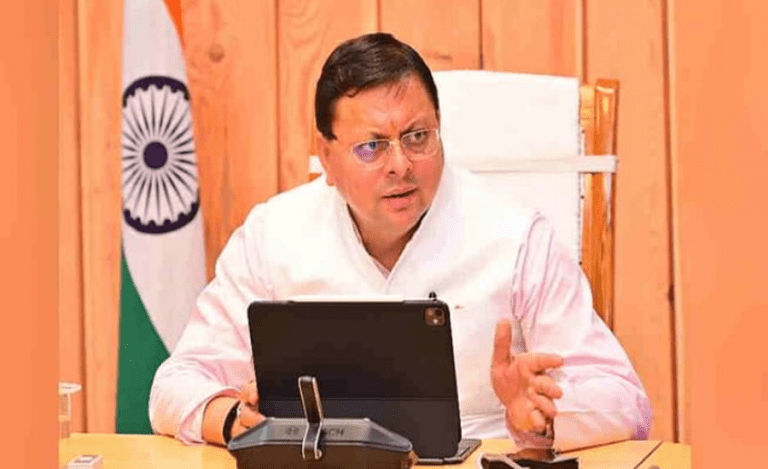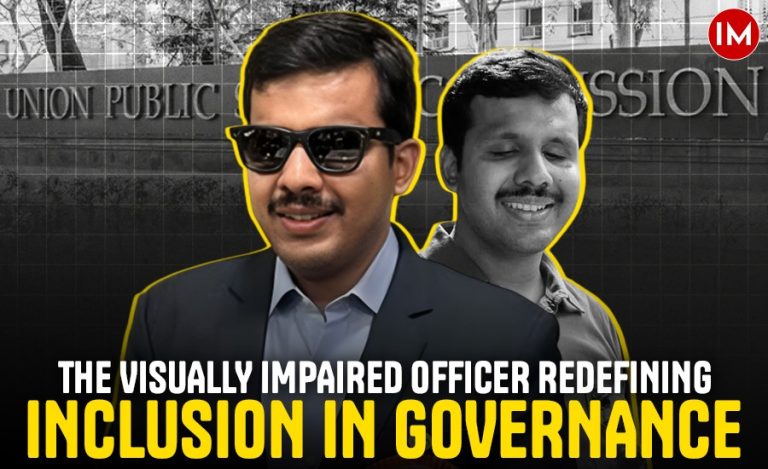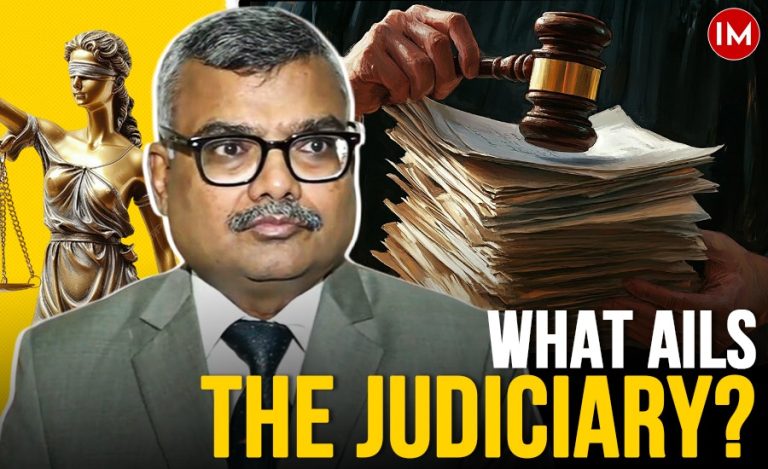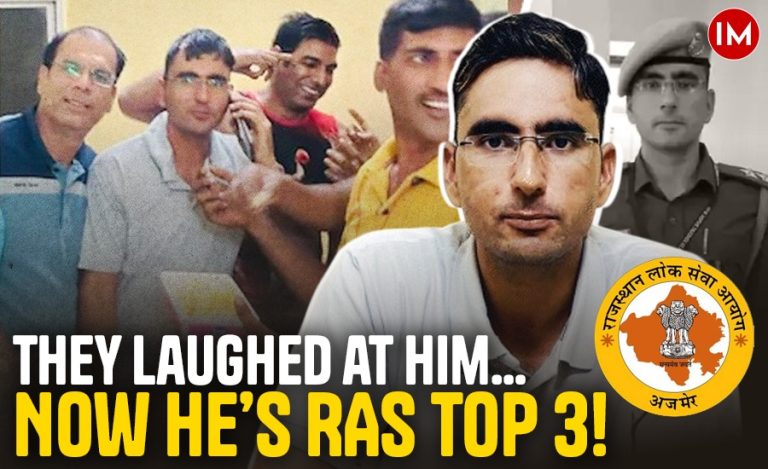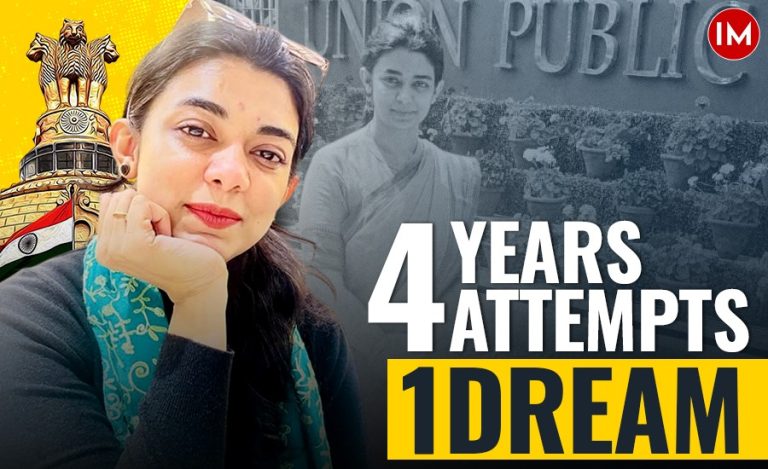The land of Bastar in Chhattisgarh, once known for echoes of gunfire and fear, is now transforming into a land of peace, hope, and progress. Under the visionary leadership of Chief Minister Mr. Vishnu Deo Sai, the state government’s humane and inclusive approach has started weakening the roots of Maoism while giving new purpose to those who had strayed into the path of violence.
This transformation was once again evident in Bijapur district, where 51 Maoists surrendered to security forces and administrative authorities under the government’s “Puna Margem – Rehabilitation to Regeneration” campaign.
51 Maoists Lay Down Arms and Return to the Mainstream
According to official reports, the 51 surrendered Maoists carried a combined bounty of Rs. 66 lakh on their heads. Among them were several senior and cadre-level members who had long been active in the Basaguda, Usur, and Bhairamgarh regions, posing significant challenges to the security forces.
The mass surrender marks a major success for the Chhattisgarh government’s “Surrender and Rehabilitation Policy 2025” and “Niyad Nella Nar Scheme.” Those who surrendered expressed faith in Chief Minister Mr. Vishnu Deo Sai’s leadership, stating that they now wish to abandon violence and live a dignified life under the constitutional framework.
CM Vishnu Deo Sai’s Vision: From Conflict to Coexistence
Chief Minister Mr. Vishnu Deo Sai welcomed the surrenders, emphasizing that the government’s objective is not just to eradicate Maoism but to reintegrate misguided individuals into mainstream society.
He noted that the administration’s philosophy of “resolution through dialogue” has helped create an atmosphere of peace, trust, and reconciliation in Bastar. “We are not just fighting extremism with force but with compassion. Our goal is to help those who return from the path of violence find a new beginning through education, employment, and dignity,” he said.
The Puna Margem Initiative: A Pathway to Rehabilitation
Officials stated that “Puna Margem,” which translates to “the right path,” has become a cornerstone of Chhattisgarh’s peace and rehabilitation strategy. The campaign provides surrendered Maoists with legal protection, vocational training, and financial support to help them rebuild their lives.
Under this initiative, the government also offers assistance for self-employment, housing, and education, ensuring that those who surrender can reintegrate into society as productive citizens.
Towards a Naxal-Free Chhattisgarh
Chief Minister Mr. Vishnu Deo Sai reiterated that under the guidance of Prime Minister Mr. Narendra Modi and Home Minister Mr. Amit Shah, the nation is moving rapidly towards the vision of a “Naxal-Free India.”
He expressed confidence that Chhattisgarh is on the verge of entering a new era of peace, education, and development. “The transformation of Bastar is the beginning of a new dawn — where guns are replaced by growth, and fear is replaced by faith,” he said.
The continued success of the government’s surrender and rehabilitation policy reflects a strong message of inclusive governance and development-driven peacebuilding in one of India’s most sensitive regions.

